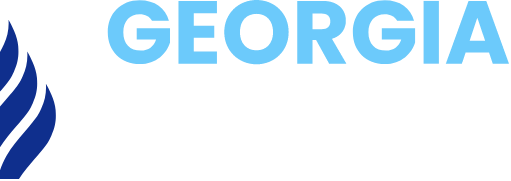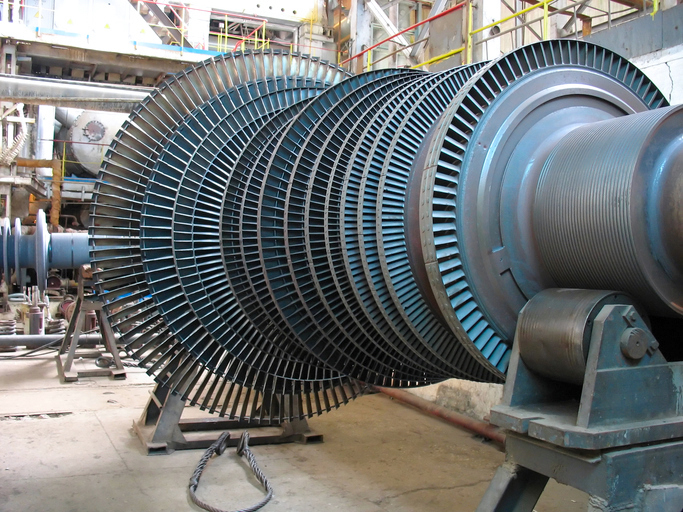Summer Gas Rates Surge with Power Burn

Summer in Georgia doesn’t just bring scorching heat. It also brings higher natural gas rates. But why does this happen when your natural gas use at home is lower? Although many think of natural gas as a winter heating fuel, it’s more complicated than that. For one, high summer electricity demand push up natural gas prices with power burn. Plus, many factors can add to summer natural gas prices rising. Let’s see how power burn and other factors cause summer gas prices to rise in Georgia.
Power Burn and Demand for Summer Natural Gas
The biggest reason natural gas prices rise in the summer is higher demand for natural gas due to power burn. Power burn is the amount of natural gas burned to generate electricity. In fact, according to the EIA, electric generation is the top use of natural gas in the US. In 2023, more than 40% of natural gas use was to make electricity. So, whenever electric demand rises in the US, the demand for natural gas also rises.
When you shop for natural gas plans in summer, you often see rates climbing. This is because during summer, air conditioners roar all across Georgia. To meet the high electric demand, power plants burn more natural gas. But there is more to this equation than power burn.
Supply Pressures and Summer Natural Gas Rates
Winter weather also affects summer natural gas rates. More specifically, a really cold winter can deplete natural gas stores. Less gas in storage make it harder to cover summer power demand spikes during heat waves. So as summer begins, low storage numbers can cause gas rates to balloon in anticipation of the high power burn season. Lower storage can also lead to higher electric rates when heat waves hit.
Severe weather like hurricanes may interrupt natural gas production or damage pipelines. These can crimp available supply. Even a thunderstorm, if it hits at the right time and place, can rattle markets and push prices higher.
On the other hand, milder weather leaves us with stellar storage numbers. So, a calm, level headed market will tend to reduce gas prices. Weather like this makes it easy to shop for a cheap fixed rate plan.
Other Factors in Summer Natural Gas Prices
Beyond weather, other forces also shape summer gas prices in Georgia. When our domestic economy is really cooking, factories and businesses use more natural gas. That added demand drives residential natural gas prices up.
Global markets layer in another driving force. The U.S. exports natural gas at a growing rate these days. Therefore, these exports cut into how much natural gas we have at home.
Finally, there are limits to the infrastructure that natural gas utilities, like Atlanta Gas Light. With typical summer demand, pipelines and storage systems might already be flowing at close to full capacity. That means there’s not much wiggle room when AC use jumps up on a really hot day. So when demand rises, prices go up.
How to Get Best Natural Gas Prices
Locking in a fixed rate natural gas plan before the hottest months of the year can protect against these seasonal swings. But even if you’re looking for a natural gas plan this August, you can find a cheap rate that fits your household budget. Just compare plans and find the best price with us at https://www.georgiagassavings.com.

